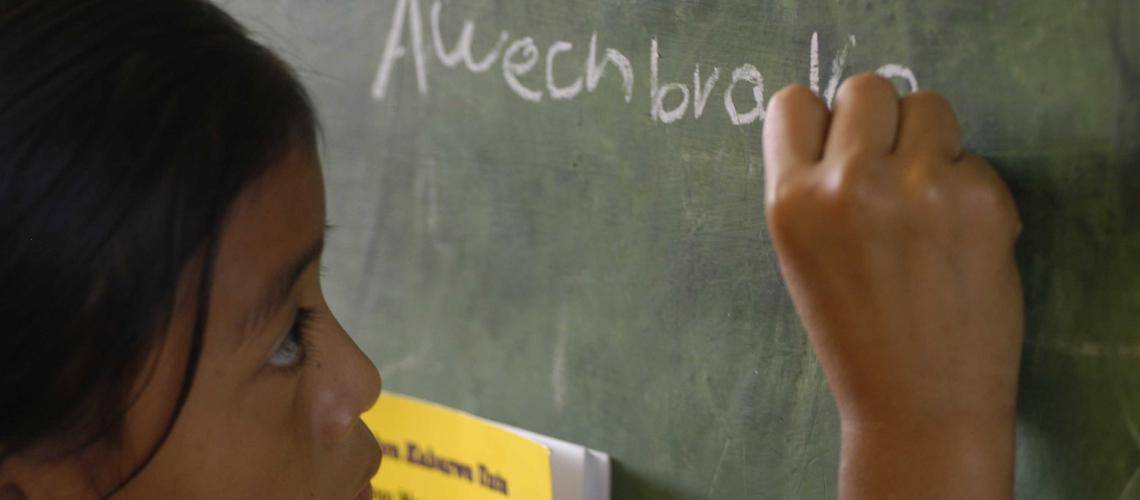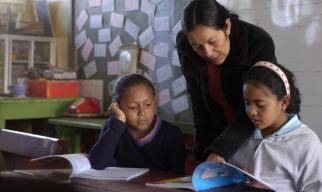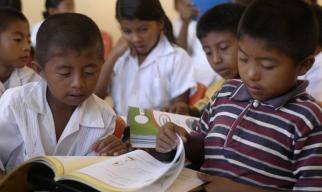Inequalities in Honduras and Nicaragua’s education systems are linked with poor teacher professional development and the need for school principals, headmasters, and school leaders to be better equipped to promote and implement innovative approaches at school. The added challenges in rural environments, such as gender inequality, violence, scarcity of resources, and high school dropout rates, make it particularly challenging for children to achieve positive school results.
This project seeks to adapt and scale up a proven innovation targeting teachers and school principals in rural contexts in these two countries. Global and regional research shows that peer tutoring is cost-effective and can produce positive learning outcomes. The objectives of the project are threefold: a) the identification of key actors and critical factors for the adaptation and scaling up of the methodology; b) the implementation and evaluation of a pilot of the peer tutoring model, focusing on the improvement of teacher professional training processes, leadership competencies for innovation, and the achievement of significant learning for students; and c) the mobilization of evidence among key actors in the educational system of both countries. The project will favour actors’ participation in an iterative and interactive process through qualitative and quantitative methods.
Adapting and scaling peer tutoring for teachers and school leaders for equitable rural education
Project Abstract
Implementing Organizations: Fundación Educación 2020 (Lead), Fundación Fe y Alegría, The Nicaraguan Educational Forum (Eduquemos)
Project Leader:Alejandra Arratía Martínez
Implementing Countries: Honduras, Nicaragua
Main Theme: Teaching
Duration: 30 months
Updates and Activities




